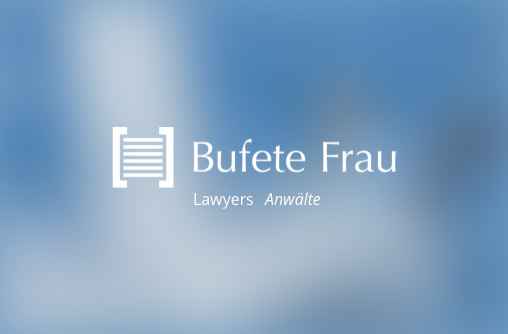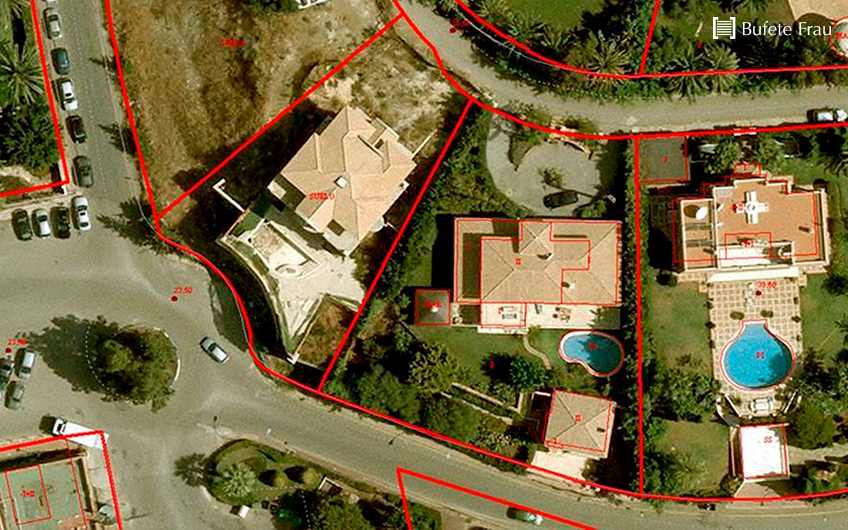
Derecho Inmobiliario y cuestiones Fiscales
After waiting for weeks, we have finally been able to access the text on the controversial amendments worrying us and leaving us on stand by until now. The text is related to both the Law of Modification of Law 8/2012 of July 19 on Tourism on the Balearic Islands, relating to the commercialisation of tourist accommodation in dwellings, as well as Decree Law 3/2017 of August 4, amending two articles of Law 8/2012. The changes are many and without entering into the question as to whether it is for the better or for the worse, we will make a summary of the most important issues related to this activity, which according to the law consists of giving temporary assignment of the right to enjoy an entire dwelling for shorter periods – understood as stays per days or weeks, never amounting to more than one month. 1.- It will be possible to rent out residential housing under the horizontal property regime. That is: apartments. This possibility naturally entails further changes, since other families live in multi-family buildings on a regular basis and therefore their right to personal and family privacy, security and environment must be respected and safeguarded. But how? Time limit A limit of five years will be set for exercising the activity (art. 50.3); it can be renewed provided that all legal requirements are still adhered to at the time of renewal. One month prior to renewal, and if the requirements are still met, a document must be presented concerning the extension showing that this is still the case. If such a document is not handed in, or if the requirements are not met, the marketing of the dwelling must cease at once. House rules The commercial agents must in writing inform customers about general house rules and ensure that customers are aware of them and will respect them, as well as making sure that customers use any services and communal items in an adequate manner, without violating the rights of other owners or residents in the building (art. 19.m). Customers shall have an obligation to respect these rules (art. 16.a). Furthermore, article 50.12 empowers commercial agents to demand users vacate the dwelling in case of serious disruption of coexistence or serious violations of the rules. In fact: if measures are not taken to correct such serious breaches of conduct, and if they produce discomfort and serious damage to other customers or neighbours, this will constitute a serious infringement of art. 105, punishable with a fine ranging from 4,001 € to 40,000 €. Additionally, an insurance policy must be subscribed to, and in these cases it must also cover damages that customers may cause the Community (art. 50.16). Also, there must be a 24-hour customer service telephone number available to the community of owners. Establishing title or statutes The establishing title or community statutes may prohibit this kind of rentals in the building, or allow them (art. 50.7). In case it is not prohibited by the Board of Owners, any tourism-related marketing of the dwelling must be approved of by a majority (art. 17.7 of the Horizontal Property Law). This agreement must be registered in the Land Registry. Such an agreement is not necessary if the constitutive title or the statutes already expressly support this possibility. 2.- The insular territorial plan (PTI) and the intervention plans for tourist areas (PIAT), according to point 3 of article 5, will have further powers: Limited number of spaces The previously referred to plans may determine the maximum number of tourist ‘places’ per island, as well as the maximum tourist places in residential dwellings subject to commercialised tourism. Until that number has been determined, the maximum will be determined by those legally in place plus those integrated into the total number of tourist places as held by tourism administrations. Establishment of zones The plans may delimit areas suitable for tourism marketing. This will be done by Island Councils (subsequent to a prior mandatory report from the Councils) and by Palma Town Hall. In the explanatory statement of the law it is mentioned that the “specific treatment of the municipality of Palma is based on its status as capital, not to mention the high population number”. In any case, a period of public information will be necessary. Whilst this period of zoning is carried out, it will not be possible to request new DRIAT1[1], but if the zoning has not been clarified within one year it will be possible for isolated, one-family dwellings – between dividing walls or paired – to apply for them, but not for multi-family housing. This point is particularly important, since according to art. 50.3, new DRIATs can only be presented if they relate to homes that are located in areas declared suitable. It is however important to mention that dwellings subject to tourism marketing that already exercise their activity legally when the law enters into force will not be affected by the zoning (point 5 of the First Transitory Provision). Others… The plans may establish the maximum density of the population, set size and features, as well as establish surfaces, buildings, etc. 3.- Environmental protection, urban development regulation and being subject to the Law Energy performance certificate A specific energy certification is required, depending on the age of the property, and there must also be an individual water meter, and, where appropriate, meters for other supplies (articles 50.5 and 50.6):
- F-rating for buildings prior to 31/12/2007
- E-rating for newer buildings.
Dwellings that are already legally commercialised have three years to achieve the minimum energy certificate (Second Transitional Provision). Land conservation and urban infractions No new licences will be granted on protected rural land (art. 50.18). It will not be possible to market dwellings that have incurred punishment for serious or very serious violations of urban law until such legality has been restored (art. 50.4). Certificate of habitability Only dwellings with a current certificate of habitability or similar habitability certificate issued for such purpose may be marketed (art. 50.2). Furthermore, the capacity of the dwelling must correspond to that stated on the certificate of habitability or a similar document issued by the administration. Subject to law Dwellings must meet all standards required in order to exercise the business activity (art. 50.11). That is: labour and fiscal regulations, etc. They must also report to the Police about the people staying in the dwelling in question. Furthermore, it shall be presumed that the rental is a tourist stay if it is marketed in terms of immediate use, for a duration of less than a month, and it can not be proven that the purpose of marketing is different to, or unlike, tourism marketing (art. 50.14). Following this link you can find other interesting cases where the Tax Authority might classify the case as a tourism rental instead of a normal rental as regulated by the Civil Code and the Law of Urban Rental. 4.- Dwellings of a residential character to be marketed must be less than five years old – unless another time limit is specified – and during this time it must have been used in a private manner. This will be determined by the Declaration of New Construction or Licence of First Occupation or through a municipal certificate issued for such purpose (art. 50.17). 5.- Regarding supply channels: according to art. 28.3.a those responsible for the advertisement of dwellings where a DRIAT has not been presented or without meeting the requirements will be the person owning the medium through which the advertisement is made as well as the person responsible for uploading the advert. Art. 103 also mentions marketing individuals or commercial entities as responsible for such marketing, along with the owners. Additionally, users have a right to know this fact (art. 15.k) and tourism companies will be required to making this public through the channels used for tourism marketing (art. 19.n and 28.3.a). However: if the licence number has not been obtained yet the incorporation registry number given when the DRIAT was present may be used (art. 23.7). Therefore, carrying out this marketing without having presented the DRIAT or without using the tourism inscription number will be considered a serious violation, punishable by a fine ranging from 4,001 € to 40,000 €. 6.- Other alterations:
- Previously, one bath for every three places was required; now it will be one per every four places (art. 52.2).
- Tourism marketing is prohibited for housing under official protection or with an appraised price, or for those where this has been the case (art. 50.8).
There have been other changes, of course, but we wanted to outline the most important ones, those we think might be of interest and those that most affect our readers. On the other hand we have to wait for the regulation that will develop the Law to be approved. Our team of lawyers – always updated and informed – will always be aware of all new legislation passed, so please do not hesitate to get in touch with us at info@bufetefrau.com for any questions you may have. [1] Responsible declarations for the commencement of activities






